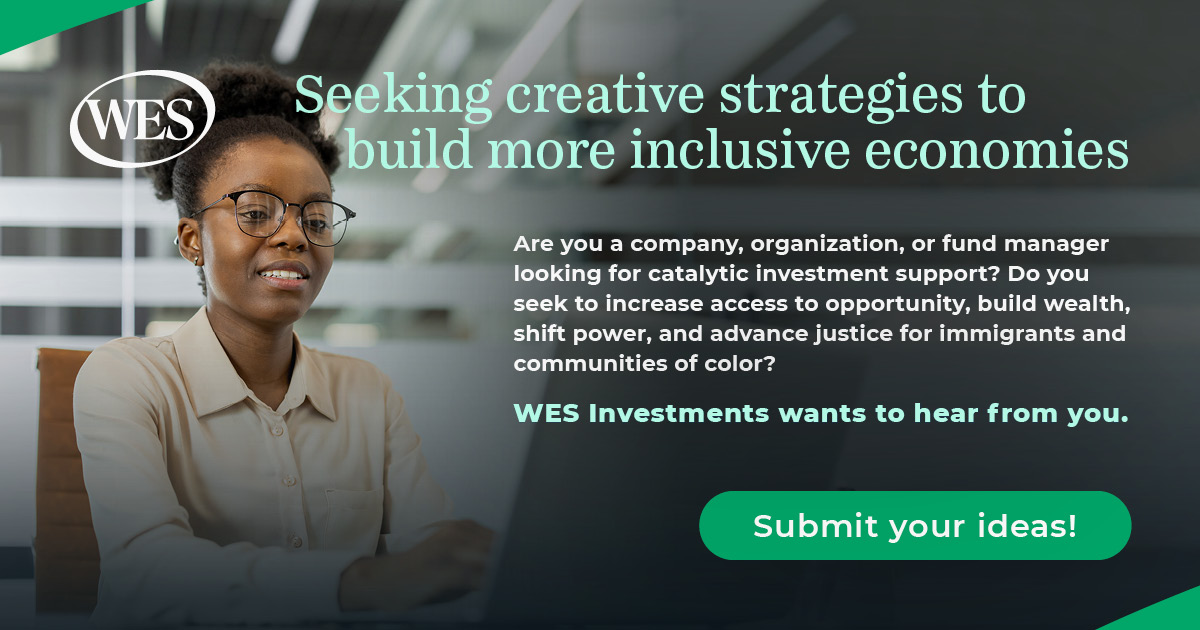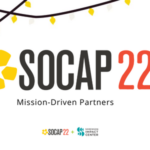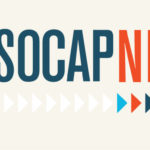Highlights from Day Three at SOCAP22
Who are all your stakeholders and who are you most accountable to and why? Where do you or others among your stakeholders have too much power in decisions? Who are the stakeholders you are not seeing? Is it the land under your feet where you call home and the plants and animals you can’t survive without? Or is it the people who came before you and will come after you, 500 years ago or 500 years from now?
Anjali Deshmukh of Make Justice Normal opened the plenary on Day Three at SOCAP22 with these guiding questions. Content guides Alexis Bunten of Bioneers and Darryl Ratcliff of Gossypion Investments built on this by defining what a shift in power and a shift in capital look like in practice: “Shifting power means you put marginalized folks in a position of power: You listened to them, you followed up with action, and you gave up control. Shifting capital means moving it into the hands of those whose ancestors’ land was stolen or whose labor or ancestors’ labor was exploited to amass wealth into the hands of a few.”
The content for the day was designed around these two shifts — and reimagining, rebuilding, and remembering relationships with the land, with systems, with stakeholders. As directly identified by Fred Blackwell of the San Francisco Foundation: “We will not remain competitive as long as we are leaving people behind. We need a tax system and set of public policies that do not just raise the floor but foster economic mobility if we want to be called a world-class country.”
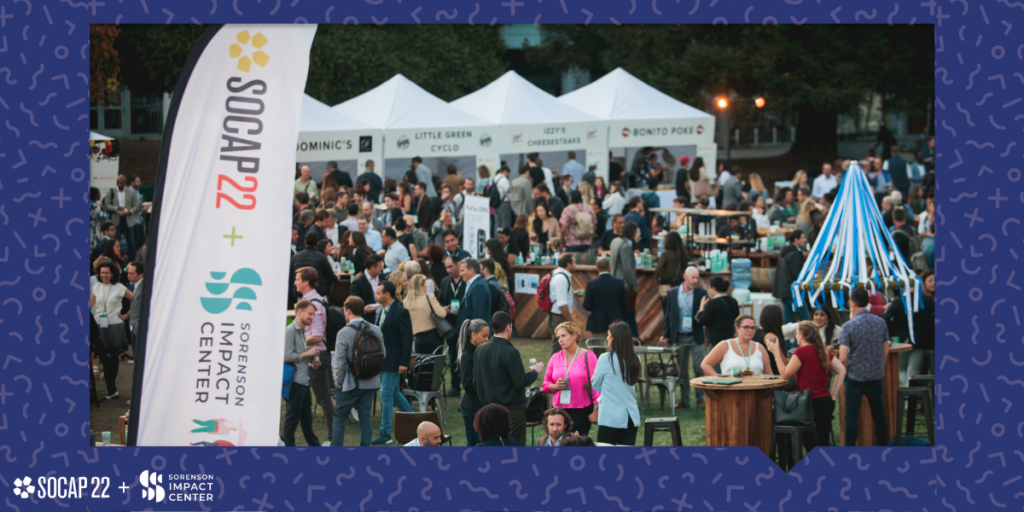
Notable Highlights from Day Three
Relationships with the land. One of the day’s first sessions was a discussion of the California Landback Movement. Christina Snider, Tribal Affairs Secretary to California Governor Gavin Newsom, shared: “From a Native perspective, how we identify as people is based on the land we’re from. … We’re not talking about a transfer of property rights; we’re talking about a restoration of our relationship and an identity that is interconnected.” And several sessions brought forward the interconnection we have with the planet through our food. Joshua Nixon of Prime Roots identified, “If we continue to consume these products in this fashion, by 2050 we’d need eight Earths of natural resources to maintain production.” It requires a rethinking of who the land and the food are really serving, as Po Bronson of SOSV‘s IndieBio said, “We’re focused on making foods for the billions, not the billionaire.”
Relationships with systems. “If we’re at the place where our fear of changing America … has us caging children at the border, storming the Capitol, threatening, what else do we need to wake up? … We need to be examining how we reinforce this evil we call racism in our society,” said Joseph Scantlebury of Living Cities. Many conversations presented ideas for what new systems that get beyond a fear of change to shift power and embrace transparency and sharing could look like, including the Artist-Led Giving Circle podcast hosted by YBCA and launched during SOCAP22. Each episode dives into the stories of members from the majority-BIPOC-led giving circle as they share their experience stewarding new forms of community wealth distribution and visions for a new economy. Another session presented the climate finance tracker, a tool to follow the money to climate mitigation and adaptation efforts on the ground. As shared with ImpactAlpha’s Zuleyma Bebell by Eric Berlow of Vibrant Data Labs, “It’s also a map to identify gaps and opportunities. Gaps are critical because all these things need to happen. The most important thing is the thing that’s missing.” As Jim Sorenson of Sorenson Impact Group closed the day: “We want to help smart emerging fund managers, to bring them out of the shadows and into the mainstream. … We need to work across sectors and bring everybody in to engage in and build this space.”
Relationships with stakeholders. Building on conversations throughout the week, many sessions named not only engaging stakeholders meaningfully but pausing to ensure all the stakeholders are at the table. As shared by Jenna Nicholas of Impact Experience, “How do we ensure that we’re grounding us in the realities of communities that are so often overlooked? … We are looking at the historical context and grounded in the reality and voices of communities. The voices that aren’t in the room.” Bringing those voices into the room is critical to successful, impactful outcomes, as shared by Alex Flachsbart of Opportunity Alabama in a session about the Rural Opportunity Zone and Recovery Playbook: “How can you look at a 10-year time horizon and try to do more to authentically engage, not just on one project but on community need across the board? None of the individual deals that we’re talking about are going to be successful unless the wraparound is there, all the things needed to uplift the community. Until all stakeholders are involved, you aren’t going to see drastic improvement.”
Dig deeper and take action on the +Media Impact Hub. You’ll find inspiring opportunities to dive more deeply into solutions related to this year’s themes. From Day Three content find ways to support equitable health care through Roivant Social Ventures, which promotes systemic, sustained improvements to the way health care is accessed and delivered. You’ll also find eight steps you can take to help reduce food waste in your home, community, and across the nation. Find these action opportunities and more on the +Media Impact Hub.
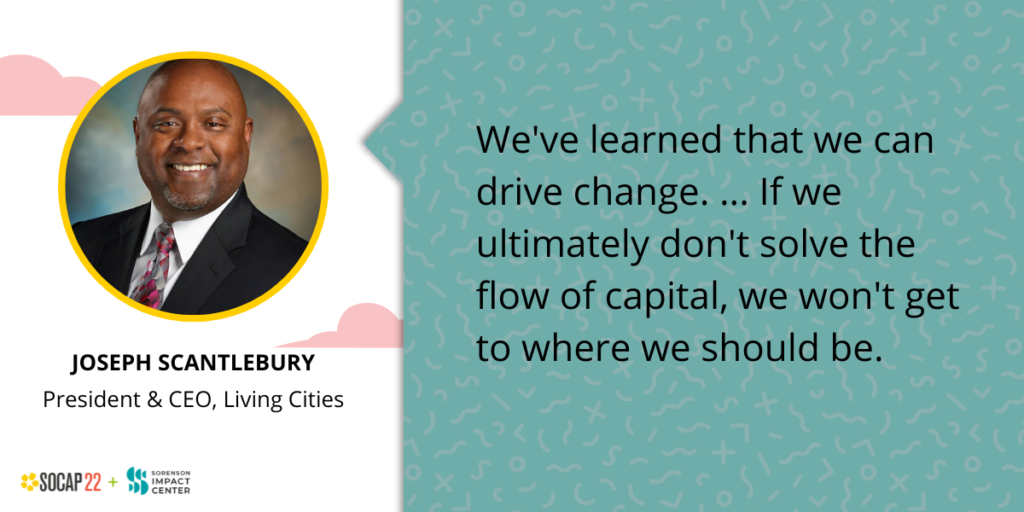
#HeardItAtSOCAP
Powerful quotes we took away from the third day of SOCAP22:
- “What we’ve learned is that we don’t need to be restricted by old patterns and old practices. We can break the mold. … We must make sure what we’re doing, we’re doing in a way that is not causing unintentional harm.” José Cisneros, San Francisco Treasurer at City and County of San Francisco | New Systems for Shared Prosperity
- “Impact is the metric against which we should be measuring our investments.” Jason Palmer, New Markets Venture Partners | Radical Collaboration and Building Better Systems Inside Impact Investing
- “Investing in quality jobs is just good business.” Tom Woelfel, HCAP Partners | Workers as Stakeholders
- “We will need some sort of regulatory or, from consumers and employees, market forces to require that all companies are offsetting their emissions or working toward net zero. Altruism at companies will only go so far.” Valerie Shen, G2 Venture Partners | Solving Climate, Naturally
- “The biggest constraint is the complacency and comfort of people in power. … Our society has created a distance between the people in power and the people we’re talking about. I would ask investors, do any of you know about the lives of the workers at the companies you’re investing in?” Antony Bugg-Levine of Lafayette Square | Workers as Stakeholders

Meet Some of Our Partners
As we gather again in person, we’re especially grateful for the mission-driven partners who have helped to make SOCAP22 a reality — and for you and others in the SOCAP community bringing energy and ideas to fuel conversations and drive positive action. Meet some of our partners and their work below:
The Walton Family Foundation is helping to lead the DEI space for philanthropic giving by investing in initiatives that break down barriers and have measurable outcomes in underserved communities across the country. Which is why we are so excited to be partnering with the Walton Family Foundation for SOCAP22, working alongside the Walton Family Foundation to share their impactful DEI work.
The John & Catherine D. MacArthur Foundation works to ensure that historically underserved communities have the tools and resources to sufficiently spur economic growth. Through supporting critical initiatives in this field, including around the vital issue of climate action, the foundation helps ensure a just economy and world for the future. We are delighted to be partnering with the John & Catherine D. MacArthur Foundation at SOCAP22. We are also very grateful to the John & Catherine D. MacArthur Foundation for being the first supporter of the Indigenous Access Fund, bringing Indigenous groups to SOCAP who otherwise would not be able to attend.
The Skoll Foundation catalyzes transformational social change by investing in, connecting, and championing social entrepreneurs and other social innovators who together advance bold and equitable solutions to the world’s most pressing problems. Skoll and SOCAP could not be more aligned, and we are thrilled to be partnering with Skoll at SOCAP22. Through its work, Skoll brings a unique perspective and considerable resources to the field of social innovation and entrepreneurship.

